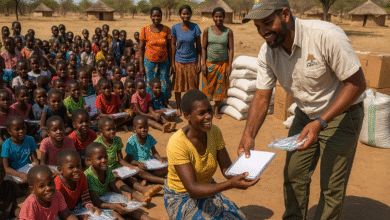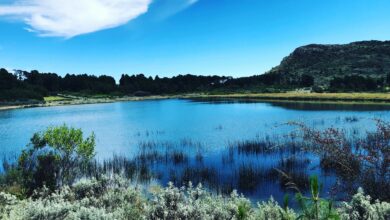Urban Tourism in Zimbabwe: A Catalyst for Economic Growth and Development
According to UN Tourism, Urban Tourism is a type of tourism activity which takes place in an urban space. It has its inherent attributes characterised by a non-agricultural based economy. However, in Zimbabwe, this definition of Urban Tourism does not quite fit the bill. Tourism in Zimbabwe’s urban areas is closely linked to nature.
Urban tourism in Zimbabwe is a significant force in the country’s tourism sector. It offers a unique blend of cultural, historical, and natural attractions. This industry is not only transforming the way locals and visitors experience the country but also has profound implications for the local economy and the broader tourism sector.
The Prevalence of Urban Tourism in Zimbabwe
Furthermore, urban tourism in Zimbabwe is characterised by its vibrant cities, rich cultural heritage, and the country’s unique wildlife. Harare, the capital, and Bulawayo, the second-largest city, are at the forefront of this movement. Showcasing their historical landmarks, bustling markets, and cultural events. Also, the growth of urban tourism in Zimbabwe is driven by a combination of factors. These include the country’s rich cultural heritage, the development of infrastructure, and the efforts of local stakeholders to promote the city as a tourist destination.
Challenges and Opportunities of urban tourism in Zimbabwe
Despite the promising growth of it in Zimbabwe, several challenges hinder its full potential. These include inadequate marketing resources, negative publicity, and a lack of defined tourism destination marketing strategies. However, there are also opportunities for improvement. For instance, the government’s role in rebranding Zimbabwe as a tourist destination. Also, the involvement of local communities in tourism development, and the use of media for rebranding are key areas of focus.
Government Initiatives and Community Involvement
Furthermore, the government of Zimbabwe has played a significant role in the development of urban tourism. They are focusing on the development of tourism attractions, training of tourism attendants, and maintenance of the tourism environment. However, there is a need for more concerted efforts to coordinate and control marketing and communication activities. Additionally, involving local communities in the tourism development process will help. Studies have shown that community involvement and participation in tourism development can significantly enhance the benefits of tourism to the entire community.
The Role of Media in Rebranding
Media plays a crucial role in rebranding Zimbabwe as a tourist destination. The use of websites, travel guidebooks, and domestic television and radio programs has been instrumental in promoting tourism in Zimbabwe. However, there is a need to integrate the media, both nationally and internationally, in the rebranding process. This includes using social media, travel supplements, and national and international online news outlets to reach a wider audience and present a positive image of Zimbabwe as a tourist destination.
Conclusion
Urban tourism in Zimbabwe is poised to become a major driver of economic growth and development. By addressing the challenges and leveraging the opportunities presented by this sector, stakeholders can ensure that urban tourism contributes positively to the local economy and the broader tourism sector. The government, local communities, and media all have a role to play in promoting and enhancing urban tourism in Zimbabwe. Thereby ensuring that it becomes a significant contributor to the country’s economic and social development.




